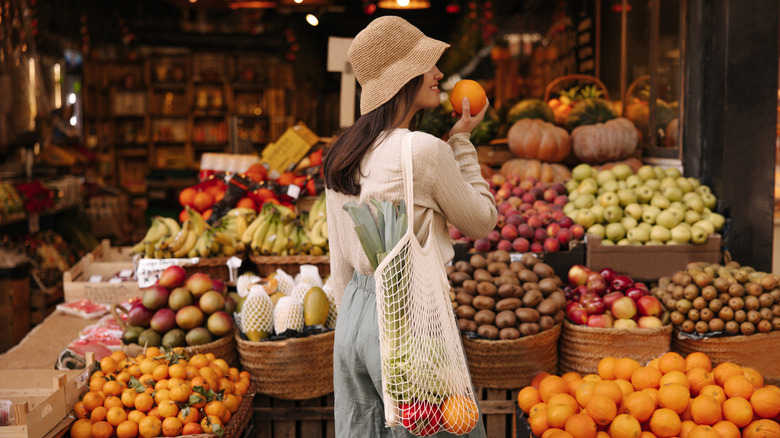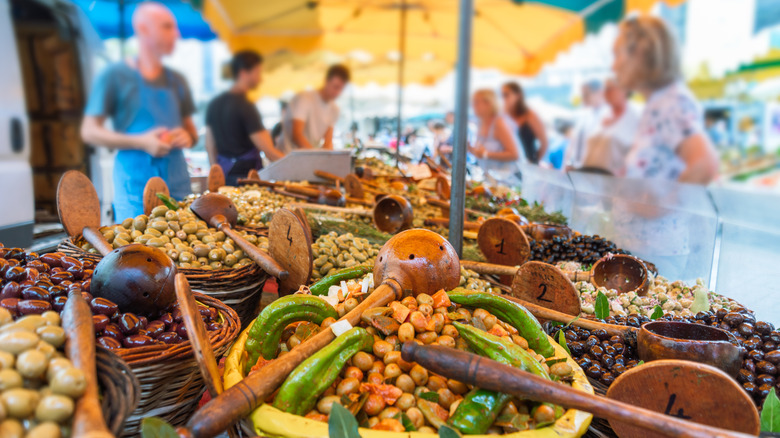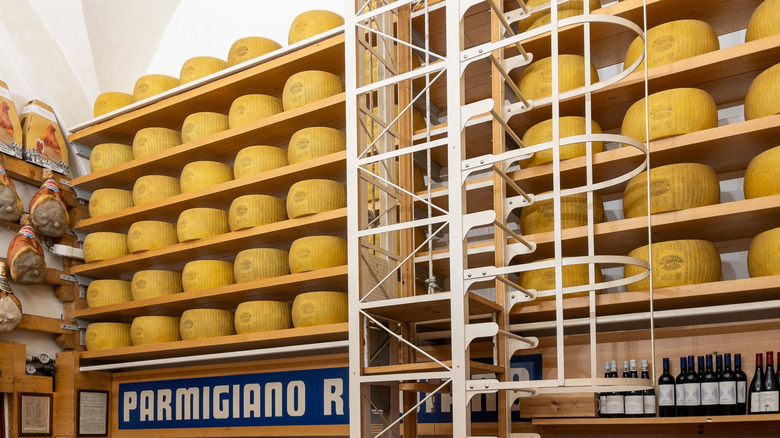Dipping that piece of golden-crust bread in a small dish of olive oil on an incredible food tour in Marbella, or the first bite into that peach fresh off the market in Greece, can become travel highlights that you will remember long after the tan has faded. When you try to replicate the same moment back home, alas, it’s not quite the same. Many travelers have noticed that food not only tastes better in Europe, but is also cheaper. While price comparisons vary depending on the exchange rate, Dr. Steven Masley, M.D., wrote in his blog that during an eight-week trip across France, Spain, and Portugal, produce was 30% to 70% cheaper, and it generally had more flavor.
One of the factors that contributes to this perception is that food tastes better when we are relaxed, as we tend to be when we are on vacation. While staying away from sweeping generalizations, let’s look at some other elements that support why many tourists find that food is better and cheaper, which may provide a few tips to save on food on your next trip to Europe.
Food shopping attitudes in Europe
Looking at how Europeans source their food may hold the first clue on how to make the most out of your food tourism experience. European consumers choose to buy food products on local farmers’ markets, and tend to associate local seasonal food with quality, healthy eating, and a lower carbon footprint. Knowing the producer also means they can ascertain the provenance of the food and support local agriculture, all while purchasing goods at a fair price. These shorter supply chains provide a convenient and affordable alternative to the traditional store. Even at the best food markets in Europe, food is often less expensive than in the U.S.
These cultural attitudes are transmitted around the table, as children learn habits by eating with their family at home and with friends at school. Mealtime conversation often turns to what is good and in season at the time, and when and where to shop for tomorrow’s dish, shaping the food sourcing preferences of the next generation of consumers.




